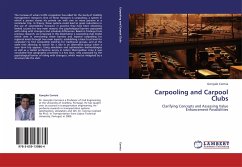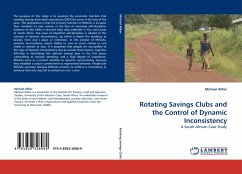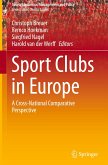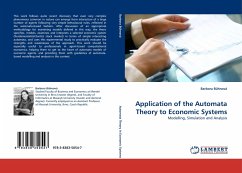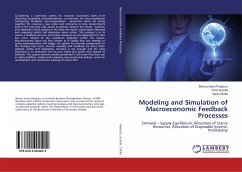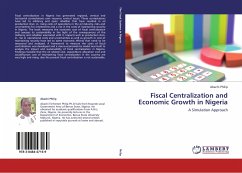The increase of urban traffic congestion has called for the study of mobility management measures. One of these measures is carpooling, a system in which a person shares his private car with one or more persons in a commuter trip. In theory, these systems could lead to great reductions in the use of automobiles; however, in practice they have been obtaining limited success for two main reasons: the psychological barriers associated with riding with strangers and schedule differences. Based in findings from previous research, we proposed in this dissertation a carpooling club model which aims in overcoming these barriers and expand carpooling for regional levels through two main aspects: establishing a base trust level for carpoolers to find compatible matches for traditional groups, and at the same time allowing to search for a ride in an alternative group when a near term trip appears. Using simulation and optimization methodologies as well as a stated preference survey in Lisbon Metropolitan Area it was concluded that geographic proximity is a key issue, only surpassed by the psychological barrier of riding with strangers, which may be mitigated by a structure like the club.
Bitte wählen Sie Ihr Anliegen aus.
Rechnungen
Retourenschein anfordern
Bestellstatus
Storno

